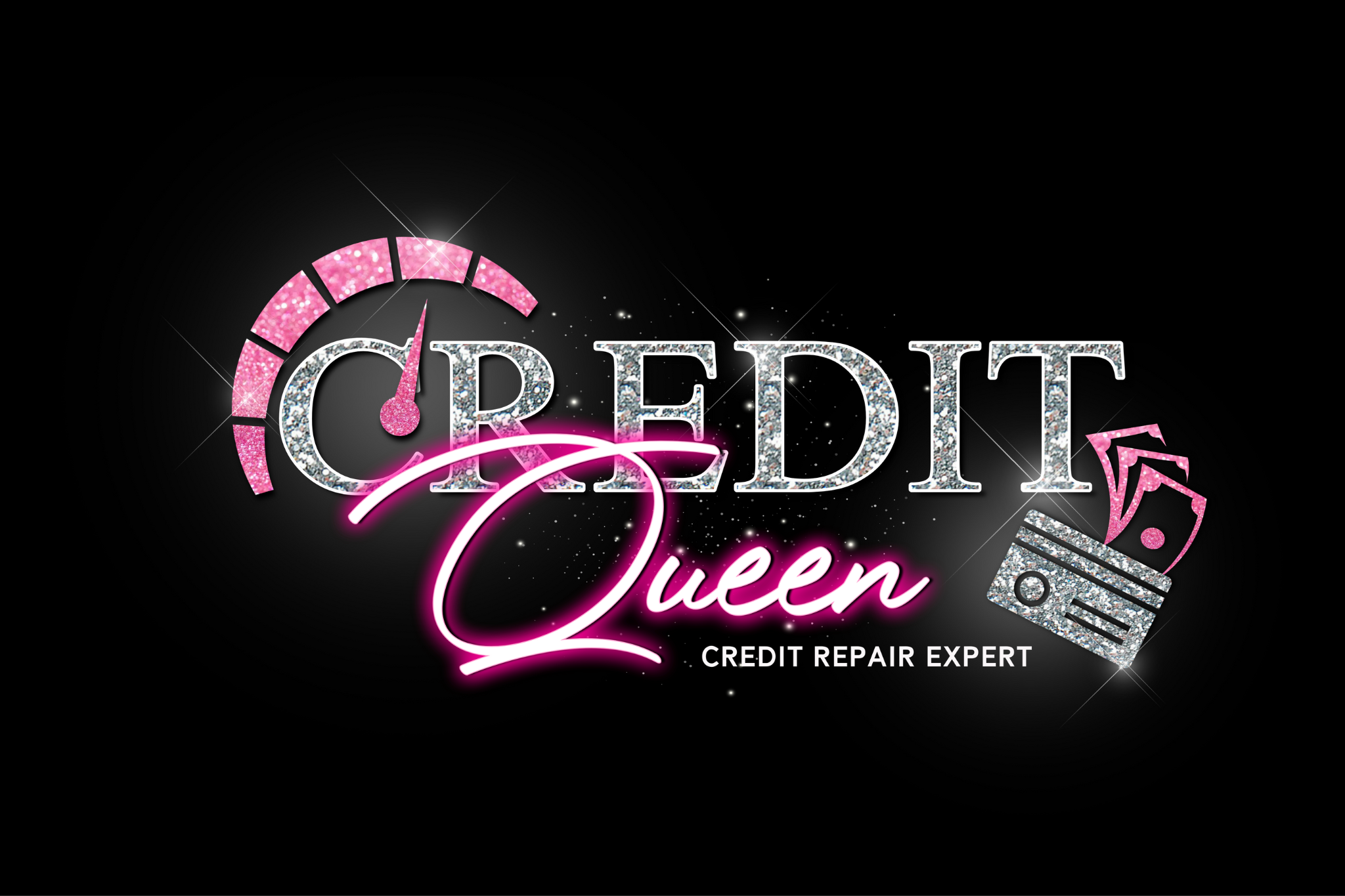Let’s talk about something that might sound a bit boring but is actually super important: your debt-to-income ratio (DTI).
Basically, it’s a fancy way of comparing how much money you owe each month to how much you earn.
And guess what?
Lenders actually care about this number when deciding whether to give you credit.
How is DTI calculated?
To figure out your DTI, just divide your total monthly debt (think credit card payments, mortgage, and car loan) by your gross monthly income (the amount you make before taxes and expenses).
Easy, right?
For example, if you owe $10,000 every month and make $20,000, divide 10,000 by 20,000 to get 0.5 or 50%.
Does DTI affect my credit score?
By the way, your DTI doesn’t affect your credit score, but it does show lenders whether you’ll be able to pay back a loan.
If your DTI is low (meaning you make more than you owe), you’re in the clear. But if you already have a lot of debt, it might be tough to take on more credit.
So what’s a good DTI?
For a qualified mortgage, you’ll want it to be below 43%. The lower, the better! Lenders actually prefer ratios below 36%. And there are two kinds of DTIs: front-end (just housing costs) and back-end (all your debts).
If you’re trying to get a mortgage, most lenders want your front-end DTI to be less than 28%. For an FHA loan, it needs to be under 31%.
Phew, that’s a lot of numbers!
How can I improve my DTI?
Now, let’s talk about how you can improve your DTI.
- Paying off credit cards and other loans can help
- Try to avoid taking on new debt.
- If you need a boost, consider a debt consolidation loan
- Find ways to increase your income (like asking for a raise or getting a side gig).
- And hey, a budget can work wonders!
Here’s the thing, your income doesn’t show up on your credit report, but your level of debt does. It’s connected to things like how much credit you’re using and how long you’ve had loans.
And your DTI is just one piece of the puzzle that lenders look at when deciding if they can trust you with their money.
The Bottom Line
To keep your credit in tip-top shape, pay your bills on time (seriously, it’s key) and don’t go crazy applying for new credit. Using your existing credit responsibly can also give it a little boost.
So, now you’re a pro on all things DTI and credit scores. Use this knowledge to your advantage, and who knows? You might just impress those lenders and rock your financial game!













